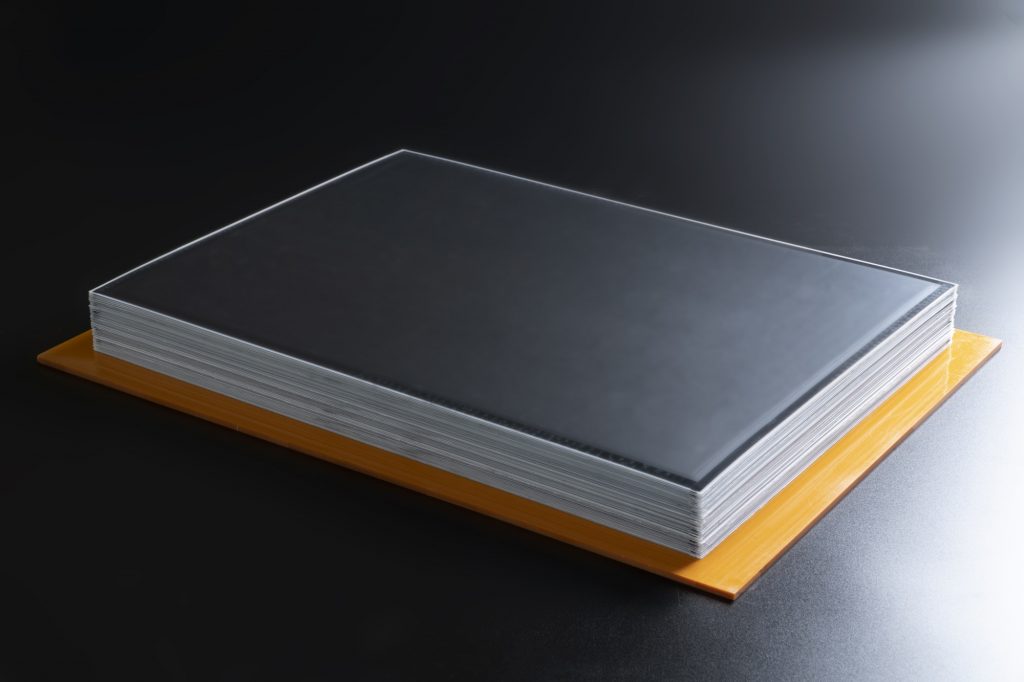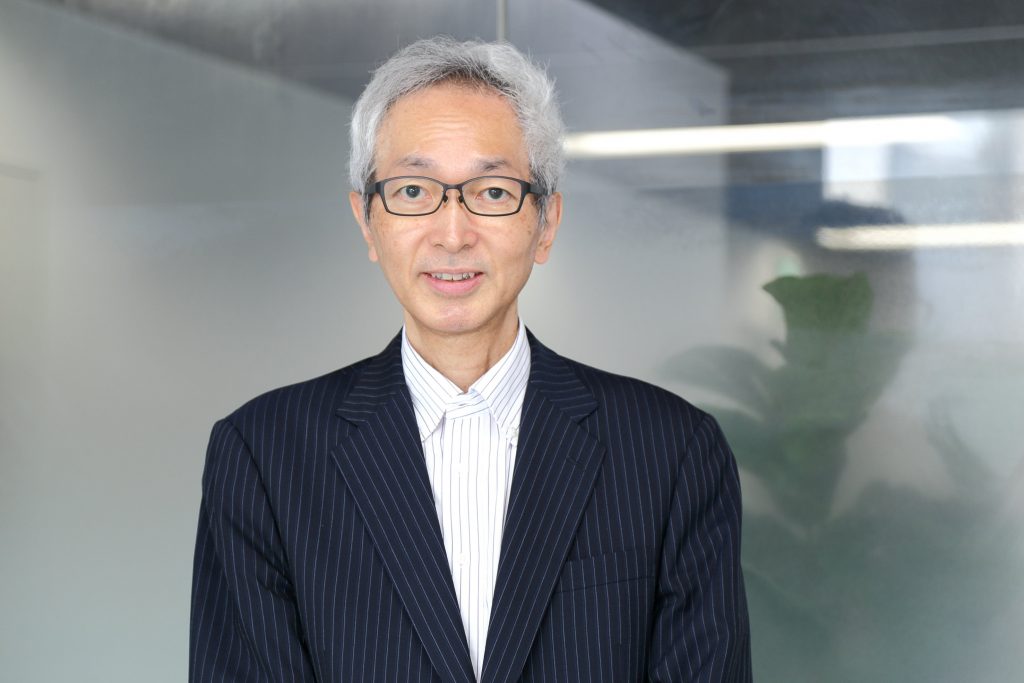



Carla Chahrour
A Japanese battery pioneer has invented a new kind of battery that is 90 percent cheaper to produce than standard lithium-ion batteries.
Hideaki Horie, founder of APB Corporation, former Senior Innovation Researcher at Nissan Motor Company and Project Professor at the Institute of Industrial Science of the University of Tokyo, discovered a method to replace basic components in batteries, enabling faster, simpler, and more efficient manufacturing processes.
APB Corp. received backing from a group of Japanese firms earlier this year, to develop a new kind of battery that would significantly decrease production costs and improve safety, according to a report by Bloomberg.
“The problem with making lithium batteries now is that it’s device manufacturing like semiconductors,” Horie said in an interview. “Our goal is to make it more like steel production.”
The complex manufacturing process of battery-cell production requires expensive setup-costs to ensure suitable conditions.
Horie’s new battery replaces the metal-lined electrodes and liquid electrolytes that are typically found within lithium-ion units, with a resin construction, which significantly simplifies and speeds up the manufacturing process.
According to Horie, the new construction method used by his Tokyo-based company makes the process as easy as “buttering toast”.
The resin-based batteries are not only easier to manufacture, but are also resistant to catching fire when punctured due to APB’s utilization of a bipolar design that allows the entire surface of the battery absorb surges, according to Bloomberg.
“To realize high-quality batteries, we have developed bipolar structure that current flows across the cell interfaces-perpendicular to the electrode plane, and polymer resin as a basic material,” APB said in a statement on their website.
Since the commercialization of lithium-ion batteries three decades ago, their range of application has expanded from consumer-use in smartphones, to automotive-use in electric cars, and even to industrial-use.
Despite the wide spread use of lithium-ion batteries, safety remains a key issue as they have been the cause of fires in several incidents, including Samsung smartphones, Tesla’s cars and Boeing’s Dreamliner jets.
“Because of the many incidents, safety has been at the top of mind in the industry. This could be a breakthrough for both storage and electric vehicle applications, provided that the company is able to scale up pretty quickly.” said Mitalee Gupta, senior analyst for energy storage at Wood Mackenzie in an article by Bloomberg.
APB already has a Japanese firm slated as its first customer and had raised 8 billion yen in March to fully equip a factory for mass production, which is scheduled to start next year.
“This will be the proof that our batteries can be mass-produced,” Horie said.